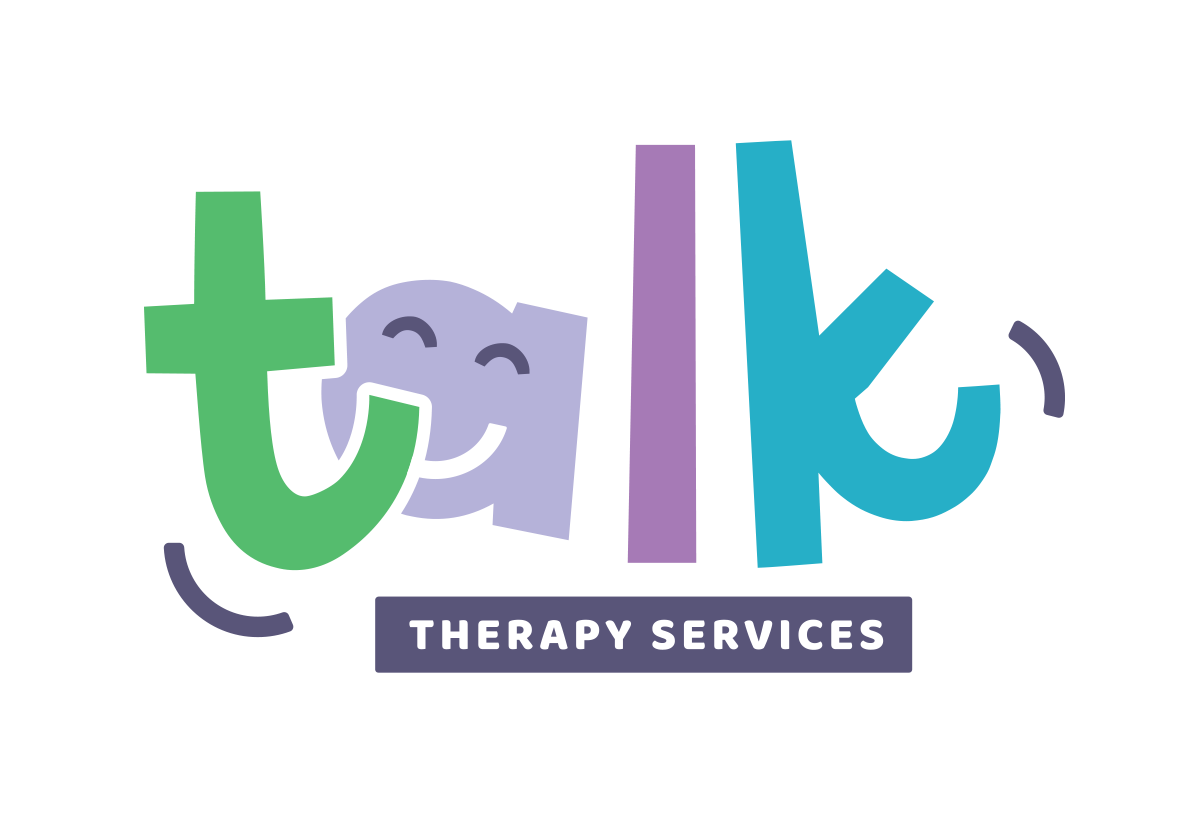Why Social Skills Matter: Tips for Building Strong Communication Foundations
Social skills are essential for effective communication, meaningful relationships, and overall success in personal and professional life. Strong social skills allow individuals to interact confidently, express themselves clearly, and navigate various social situations with ease. For children and adults alike, developing these skills can have a profound impact on emotional well-being and interpersonal connections.
The Importance of Social Skills
Enhancing Communication Good social skills enable individuals to express their thoughts, listen actively, and engage in meaningful conversations. This is particularly important for children developing language skills and for adults in professional and personal settings.
Building Relationships Strong social skills foster friendships, cooperation, and teamwork. Individuals who can interpret social cues, maintain conversations, and respond appropriately to others are more likely to build and sustain positive relationships.
Boosting Confidence and Self-Esteem When individuals feel comfortable in social situations, they are more likely to participate in discussions, express opinions, and advocate for themselves. This confidence translates into success in school, work, and social environments.
Improving Emotional Intelligence Social interactions require empathy, self-awareness, and emotional regulation. Learning to understand one’s own emotions and respond to others with sensitivity enhances emotional intelligence and strengthens social bonds.
Preparing for Future Success Whether in academic settings, job interviews, or workplace interactions, strong social skills are invaluable. Employers value employees who can collaborate, communicate effectively, and contribute to a positive work environment.
Tips for Building Strong Social Communication Skills
Practice Active Listening
Encourage maintaining eye contact, nodding, and responding appropriately to show engagement in conversations. Active listening fosters understanding and demonstrates respect for the speaker.
Encourage Turn-Taking
Playing games, engaging in group discussions, and practicing conversational exchanges can help individuals learn the importance of taking turns while speaking and listening.
Use Role-Playing Activities
Practicing social scenarios, such as greeting a new friend or handling disagreements, allows individuals to build confidence in real-world interactions.
Teach Nonverbal Communication Skills
Facial expressions, gestures, and body language play a crucial role in communication. Helping individuals recognize and interpret these cues enhances their ability to connect with others.
Promote Empathy and Perspective-Taking
Encourage discussions about feelings and different points of view. Reading books, watching social interactions, and discussing emotions can help individuals understand and relate to others.
Create Opportunities for Social Interaction
Engaging in group activities, extracurricular programs, and community events provides practice in real-world social settings.
Provide Constructive Feedback
Offering gentle guidance and positive reinforcement helps individuals refine their social skills. Highlighting strengths and providing specific suggestions for improvement fosters growth without discouragement.
Developing strong social skills is a lifelong process that benefits individuals in every aspect of their lives. By fostering communication abilities, empathy, and confidence, we empower people to form meaningful connections and navigate the complexities of social interactions. With consistent practice and support, anyone can strengthen their social communication skills and thrive in their personal and professional relationships.

